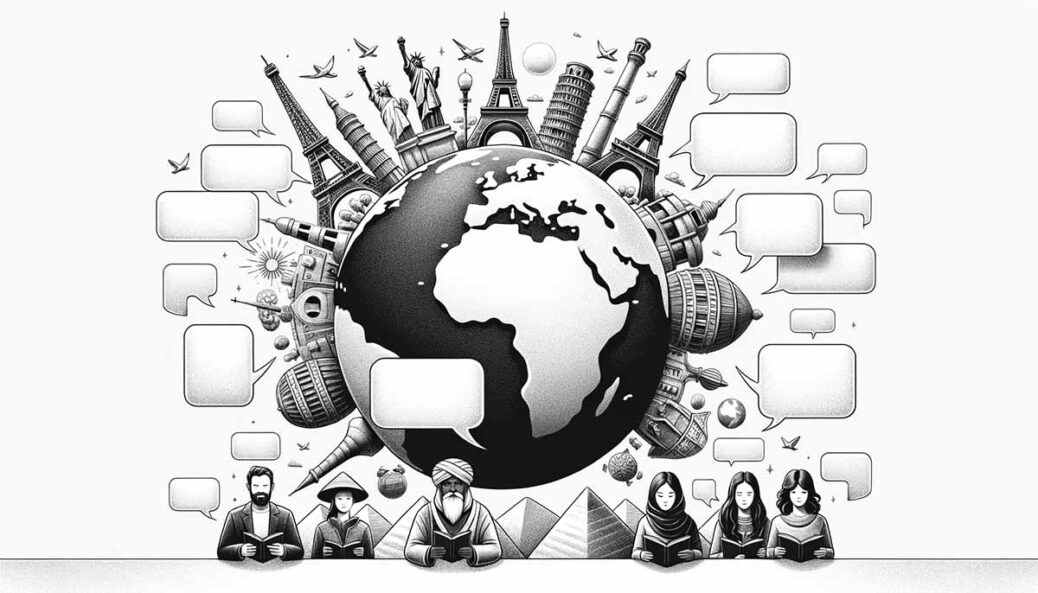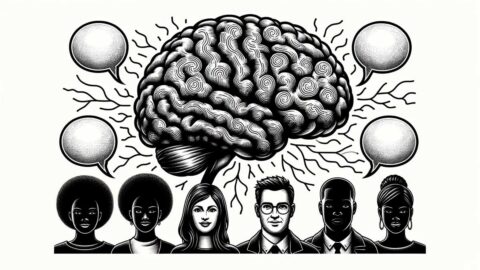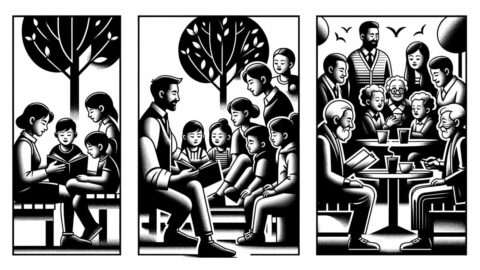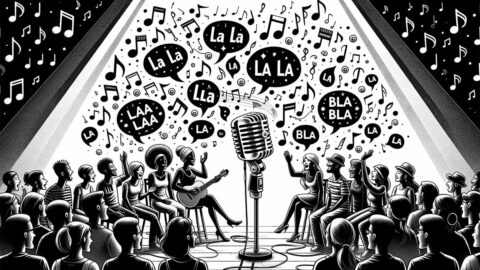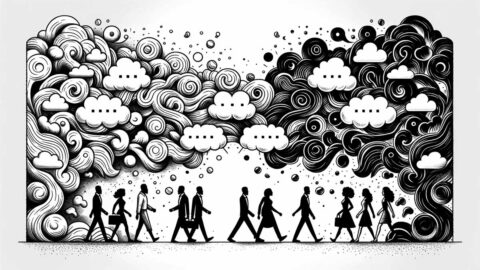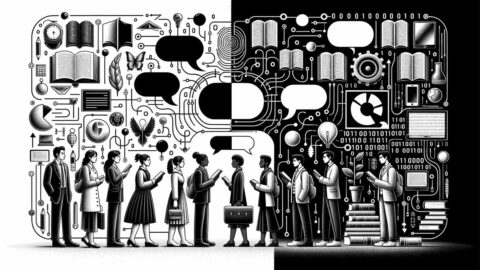We often think of quotes as individual pieces of wisdom or inspiration, but have you ever considered them as mirrors reflecting larger societal values and beliefs? A quote’s power often extends beyond its original context, encapsulating the sentiments, ideologies, and even the zeitgeist of a given time or community. Let’s explore how quotes serve as cultural markers and why they’re valuable in understanding both the past and the present.
Cultural Fingerprint
Every quote carries with it a ‘cultural fingerprint,’ a unique set of values, beliefs, and norms indicative of the society from which it originates. Whether it’s a saying passed down through generations or a modern quote that’s gone viral, each reflects underlying societal attitudes.
The Historical Lens
Looking back through history, we find that quotes often serve as shorthand for the prevailing ideas and moods of an era. Think of the ’60s with quotes like, “Make love, not war,” reflecting anti-war sentiment and the sexual revolution. Or consider older adages like, “A penny saved is a penny earned,” reflecting the more conservative values of thrift and hard work.
Quotes in the Age of Social Media
In today’s age of social media, quotes can go viral in seconds, spreading like wildfire and capturing the mood of the moment. From hashtags to memes, the quotes that gain traction often tap into current societal debates, fears, or aspirations. As someone who keeps an eye on trending quotes, I’ve noticed they can serve as quick snapshots of public sentiment, whether it’s about social justice issues, political climates, or even collective anxieties.
Community Identity
Quotes also play a significant role in shaping and reflecting community identity. Whether it’s a religious group, a professional organization, or a social club, quotes can encapsulate the principles and beliefs that bind a community together. They serve as a rallying cry, an ethos, or even a statement of intent that members of the community can collectively identify with.
The Role of Influential Figures
Influential figures, be they politicians, thinkers, or artists, often coin quotes that are reflective of societal values. A quote from someone like Nelson Mandela or Maya Angelou carries weight not just because of the individual’s reputation, but also because it resonates with broader, often universal, human values and beliefs.
A Cautionary Note: The Risk of Simplification
While the power of quotes to encapsulate societal values is immense, there’s a risk of oversimplification. A single quote can never capture the complexities and nuances of an entire culture or era. Moreover, quotes can sometimes be misused to stereotype or misrepresent communities. Therefore, while quotes serve as valuable markers, they should be seen as entry points for deeper exploration, not conclusive statements.
The Multiplicity of Quotes
Quotes are not just individual pieces of wisdom; they are collective echoes of the society from which they spring. They serve as markers of historical epochs, reflectors of public sentiment, and shapers of community identity. As we navigate through an ever-changing world, keeping an ear to these cultural echoes can offer valuable insights into societal values and beliefs.
So, the next time you encounter a quote that strikes a chord, consider the larger cultural and societal context it represents. It’s a fascinating exercise that will not only deepen your understanding of the quote but also offer a broader perspective on the world around you.

